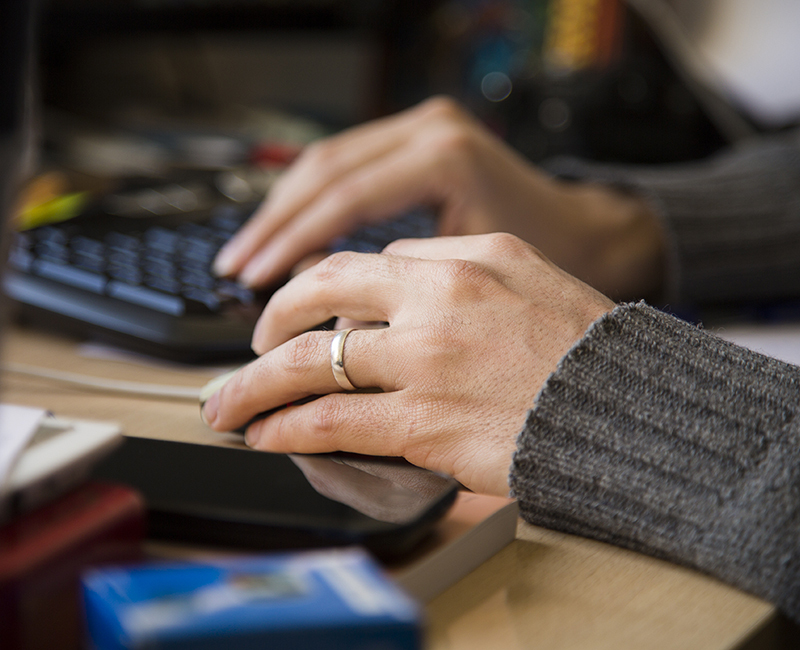Is your job the first thing you think about when you wake up and the last thing before you go to sleep? Are you saying ‘’I do’’ more to your boss than your loved ones, friends and family? If so, it may be time to take stock and look at finding a better balance between your work and personal life.
It is so easy to forget to switch off, relax and take time for yourself. Countless films have told you the perils of dedicating all your time to work. It always seems to work out in the end, after the film’s hero decides to revaluate their life and have order and balance restored sorted by the time the credits roll. In real life its not so black and white. But, if you haven’t learnt from your own previous experience, we know from many studies that the way to avoid complete burnout is to find balance between work and your personal life.
Countless studies have shown that you need that balance.
According to data released by the Health and Safety Executive 15.4 million working days in 2017/18. Stress related sickness and absenteeism makes up over half of all the working days lost to ill health. Work pressure and stress are frequently cited as some of the most common factors impacting work-life balance. Over a quarter of 25–34-year olds were unhappy with their work-life balance. A mental health foundation survey found that with longer working hours a quarter of employees feel depressed and more than half feel more irritable. Moreover, that these longer working hours have led to a negative effect on their personal lives, lack of personal development and an increase of mental health conditions. These studies demonstrate that getting the work-life balance is an important factor to how well we can do at work. Stress at work, over working yourself and the inevitable burnout of individuals will impact on you and your job. There is only so long that you can burn the candle at both ends before your body and drive will end.
Are you married to your job?
There are tell-tale signs that work is taking over your life and it might not always be obvious at first. If you find yourself in any of these situations it might be time to think ‘is work taking over?’
- You are regularly working more hours than you should be
- You don’t notice conversations are happening around you at work, being so engrossed in your work
- You find no matter how much work you’ve done there’s always more work piling up
- After work you find yourself too tired to socialise
- You find yourself working out of work hours (weekends or evenings) to try and get through your workload
What can you do to improve your work-life balance?
There are simple steps you can take to improve your work-life balance, and take back some of your precious free-time.
Work your hours – and don’t feel compelled to stay late or to prove to your manager that you are doing more than you should. The reality is if you can’ do your work in working hours then your manager might question whether you’re being productive enough at work. Set yourself goals throughout the day to help you get key parts of work done, and when your work day is done, make a night of where to pick up again the next time you’re in.
It’s ok to say ‘no’ – If your workload is heavy, it is because you can’t say no to more? If you’re asked to take on more work but you really can’t cope with it, it’s OK to push back, or to at least have the conversation with your manager about what tasks you should prioritise an complete first.
Take away distractions – we don’t mean gossiping by the water-cooler or sneakily checking the latest cat video online (although if this is you maybe think about these distractions too). We mean the work type distractions, like email. It can be difficult to not react immediately to an email you receive at work, and to lose your concentration and leave your task unfinished. The solution? Limit the amount of times you check your emails., Instead of checking each mail as it pings up on your screen, dedicate set times to check them altogether. You’ll find yourself less distracted and more able to finish tasks you’ve already started.
Goodbye means goodbye – the biggest issue most people are faced with is leaving their work at home. And in an age where we are more agile and more connected to work through technology it can be really difficult to leave work, well at work. Turn off your phone, ignore that pinging of another email – everything can wait to the morning.
If it's time for a new beginning we are always on hand at BS Social Care to help you find the perfect job. Contact us today for how we can help you with your job search
Written by Rhiannon Edwards, from our Cardiff branch
